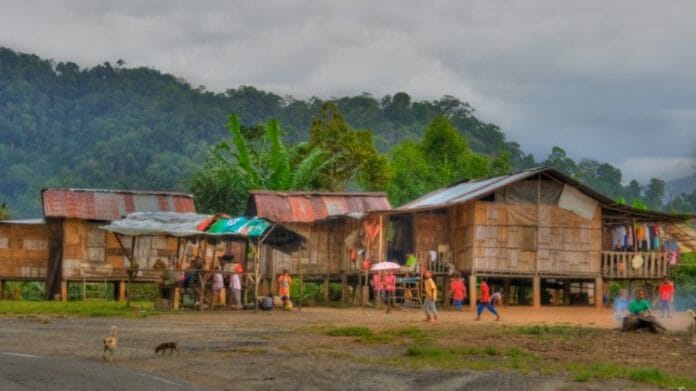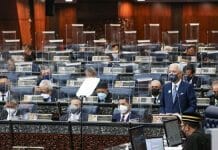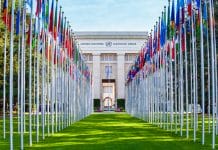By Afifah Suhaimi,
Promoting strategies and investments that support the revitalisation of the rural area is not only beneficial in creating a competitive and sustainable rural economy but also vital to the social viability of the nation.
In Malaysia, rural residents make up 21.6 percent of the nation’s population. Although the number is not that high, this population bears a disproportionate burden of poverty, malnutrition and low quality of life.
Rural revitalisation in this age goes well beyond agriculture, as it involves creating non-farm markets while making technology and innovation the cornerstones of rural economic growth.
Many programmes under the Ministry of Rural Development have been initiated for promoting the well-being of rural communities, such as the support programme for strong rural entrepreneurship (Program Sokongan Pengukuhan Keusahawanan Luar Bandar), which is a platform that support local entrepreneurs with financial aids and provide them with service-related training and products.
While the initiatives taken seem to bear fruit, the rural areas are still struggling to provide a vast opportunity for the rural dwellers and consequently, this has forced most of them to migrate to the cities in hope for a better future there.
However, this would lead to another issue – what is known as urbanisation, that could cause other problems like insufficient space for building new houses, traffic congestion and urban crime.
Unbeknownst to many, Malaysia is currently one of the most urbanised countries of East Asia. In 2017 alone, Statista revealed that nearly 75 percent of the country’s population now lives in cities, with over seven million people living in Kuala Lumpur alone.
As the growth is projected to continue, the revitalisation of the rural area is much needed to persuade the rural people from migrating, so that they could explore the rural areas and maximise their potential to ramp up the rural economy.
Thus, what can be done to revitalise the rural area?
First, the government must continually invest in enhancing rural infrastructures by improving the efficiency and availability of its clean water, stable internet facilities, electrical power as well as access to the small rural grocery store that sells healthy and nutritious foods with affordable prices – which is often difficult to obtain.
In line with this effort, improving rural mobility is essential so they can easily obtain their daily needs, access services like education, health and finance, reach markets, gain income and participate in social, political and community activities.
However, while transport investment has concentrated on upgrading infrastructure, it is essential to note that the government should also focus on enhancing the quality of public transport services.
Apart from that, generating other sources of income in the rural area such as mining, service industries and e-commerce is vital in ramping up rural economy.
With regards to e-commerce, since this sector is seen blooming amid the Covid-19 pandemic, this is the right time to undertake an extensive effort to assist the rural folks into venturing this industry.
For example, the Perkhidmatan eDagang Setempat (PeDAS) launched by the Ministry of Communications and Multimedia Malaysia, together with MDEC, is beneficial to help local entrepreneurs market their products online.
Practical strategies to rejuvenate this programme should be well-planned to further expand its functionality in helping the rural populations particularly women, youth and indigenous people to hone their skills in e-commerce.
To achieve this, the government might need to inject financial aids into this programme, so necessary actions could be proceeded – like expanding the number of its one-stop centres (known as Pusat Internet Desa or Village Internet Centre) so that more people can get equal chances in grabbing this opportunity.
With this programme, not only they could improve their livelihood, but also open the world’s eyes to recognise their skills and most importantly – to preserve their traditional and indigenous knowledge for the use of future generations.
Afifah Suhaimi is Research Assistant at EMIR Research, an independent think tank focused on strategic policy recommendations based on rigorous research.









